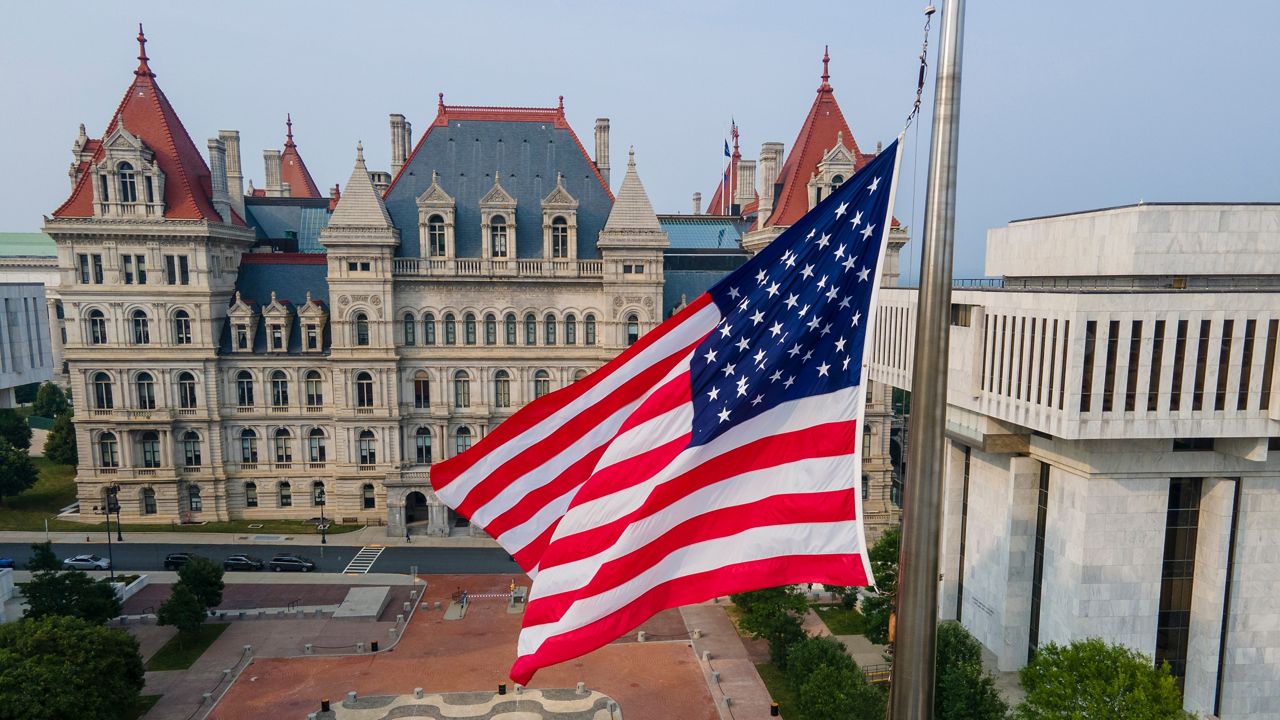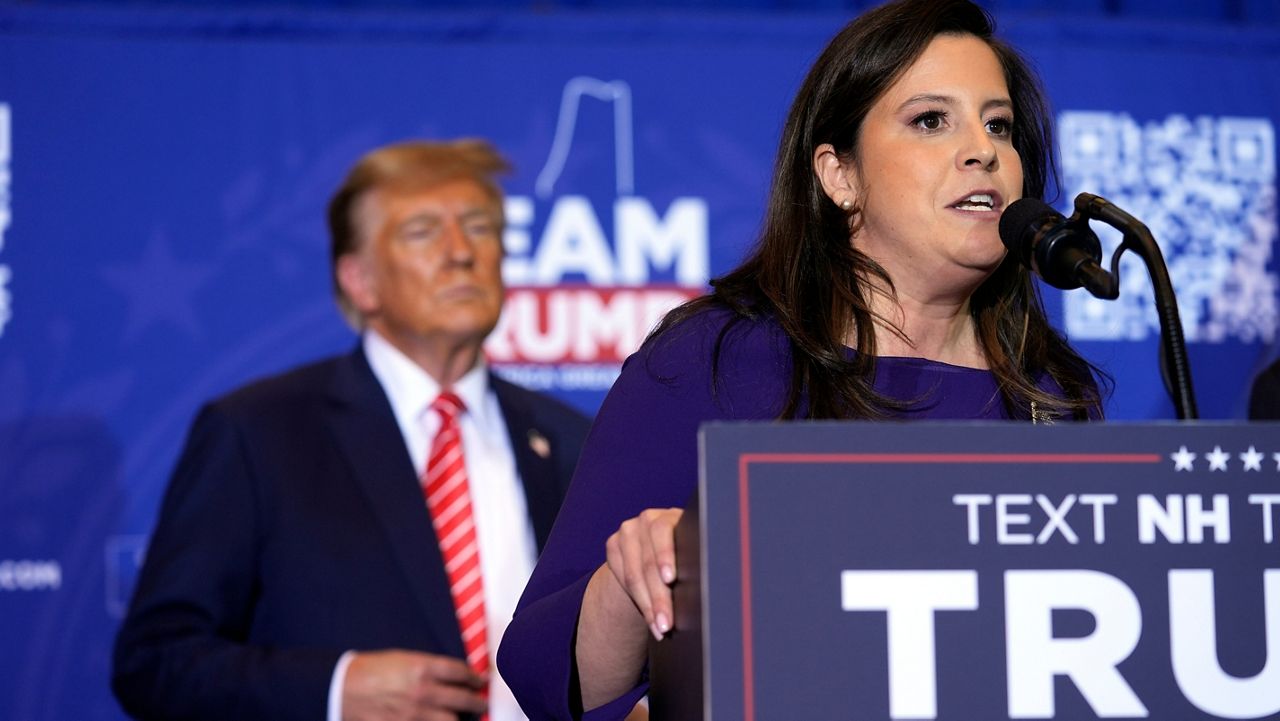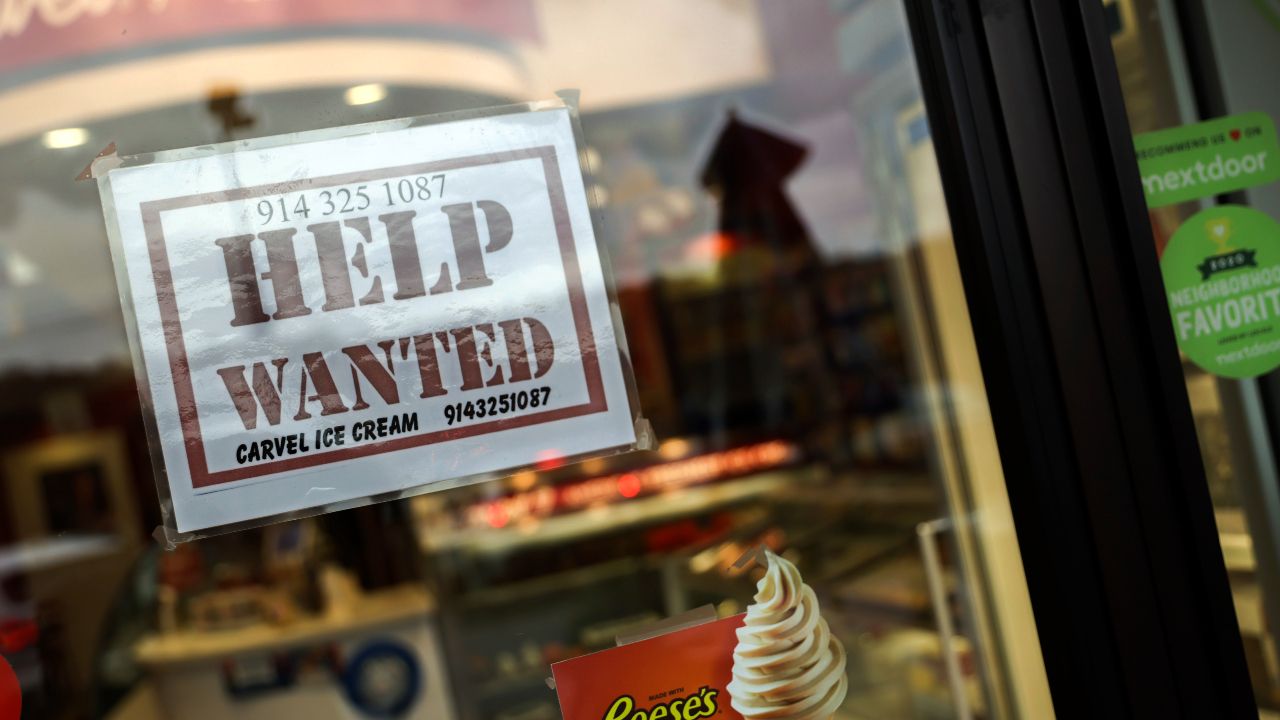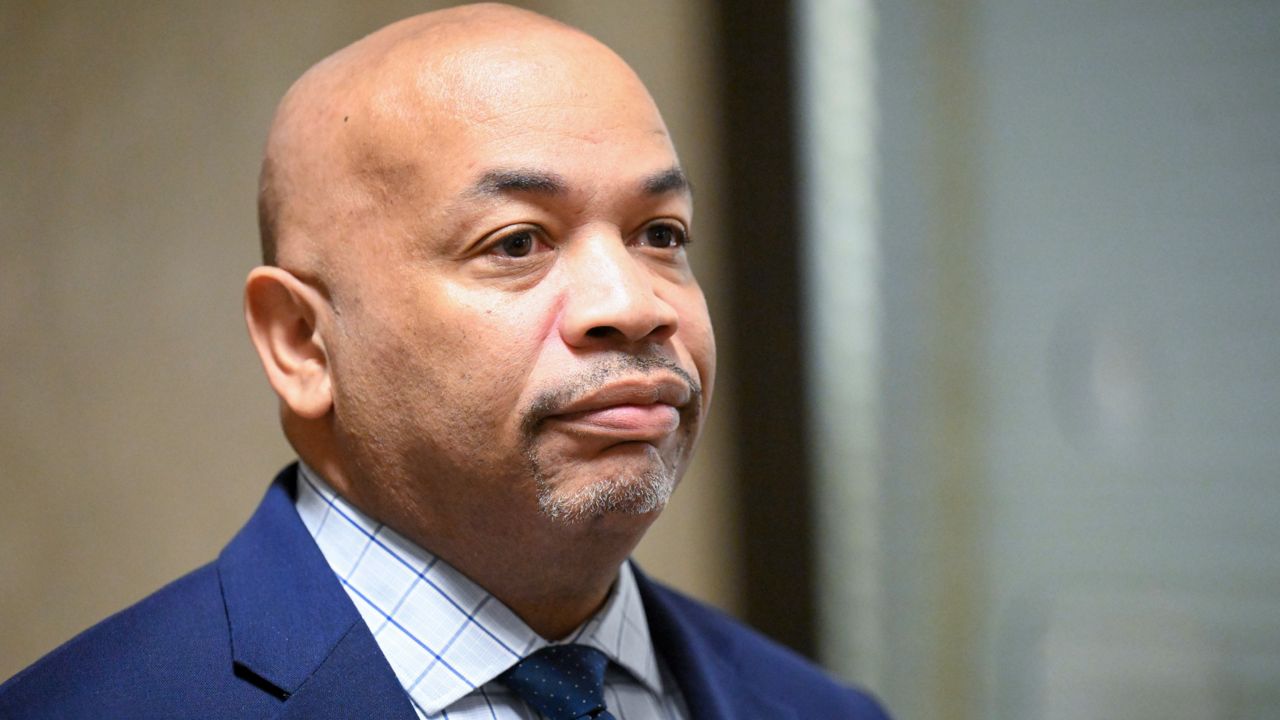Lower contribution limits for statewide candidates has done little to put a dent in the amount of money that's being raised.
Gov. Kathy Hochul, for instance, still raised $4.5 million over the last six months despite operating under the new limit of only $18,000 per individual contribution.
"New York had sky-high campaign contribution limits," said Blair Horner of the New York Public Interest Research Group. "Now they're just high. They're far higher than the national average for state legislators, for statewide office. They're still high."
Prodded by good-government watchdogs, state lawmakers have adopted a system of publicly financed campaigns. The program will allow candidates to tap into public funds matched with private donations of contributors.
Still, Hochul's fundraising haul in an off-cycle election year shows it's still possible to raise millions of dollars over the course of half a year.
The fundraising arm of the stateAssembly Democrats is holding $2.2 million in cash on hand, the largest amount in cash on hand for an off-cycle year in a generation. Democrats in the state Senate have just shy of $1 million.
Horner believes lower donation limits and public matching funds won't discourage super PACs, which can still raise unlimited amounts of money from a single donor. Last year, Republican Lee Zeldin's campaign was boosted by an outside group funded largely by businessman Ronald Lauder.
"It was the money from Ron Lauder that really kept Zeldin's campaign afloat and kept him competitive as he came down the stretch," Horner said.
Hochul, too, benefitted from an outside group this budget season when a group funded by former New York City Mayor Michael Bloomberg and billionaire Republican donor John Catsimitidis sought to boost her priorities. The group ultimately spent $5.1 million.
"I expect big money to flow to the state party committee committees, to the legislative committees, and to the IEs," he said. "So big money will continue to flex its muscles in Albany."
Still, ethics groups expect the public financing system for campaigns will have a democratizing effect, even as a pending measure heading to Hochul's desk could make it easier for candidates to take in more money.
"The idea is to increase choice by incentivizing more people to run," said John Kaehny, the executive director of Reinvent Albany. "And of course, incumbents don't want to have competitive races."
The current system, taking effect this election cycle, would match small donations ranging from $5 to $250.
The Democratic-led Legislature wants public matching money on the first $250 in contributions up to the maximum limit for a state race -- $18,000 for statewide races, $10,000 for the state Senate and $6,000 for the state Assembly.
"They want to run in non-competitive primaries," Kaehny said. "The incumbents don't like it because they're going to have to work for the vote."









